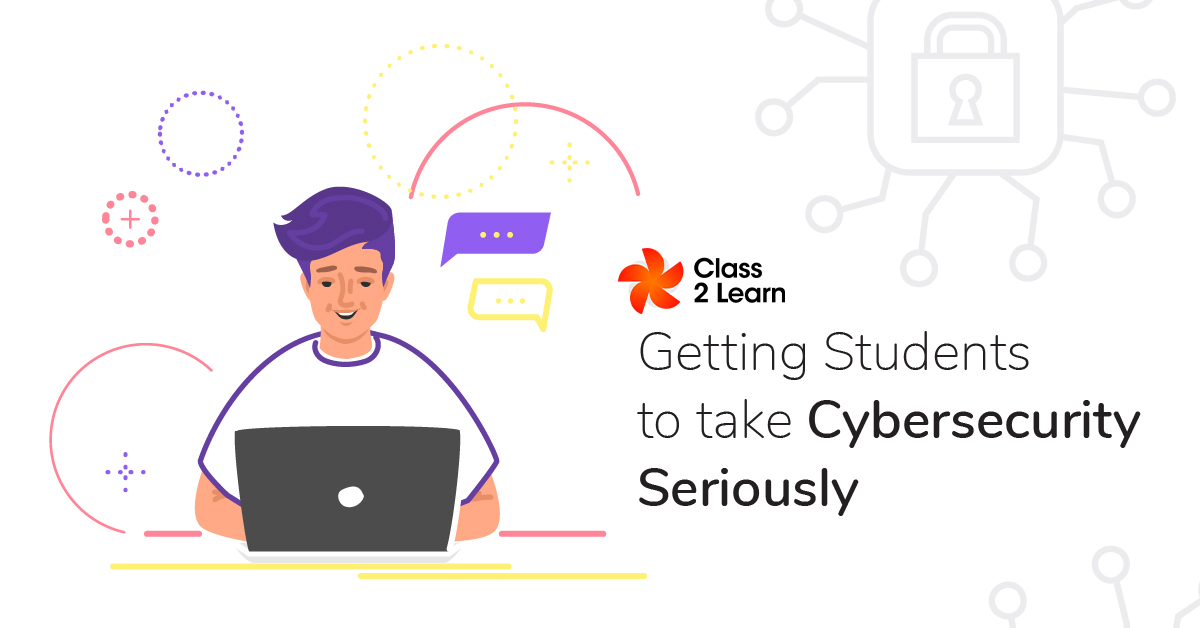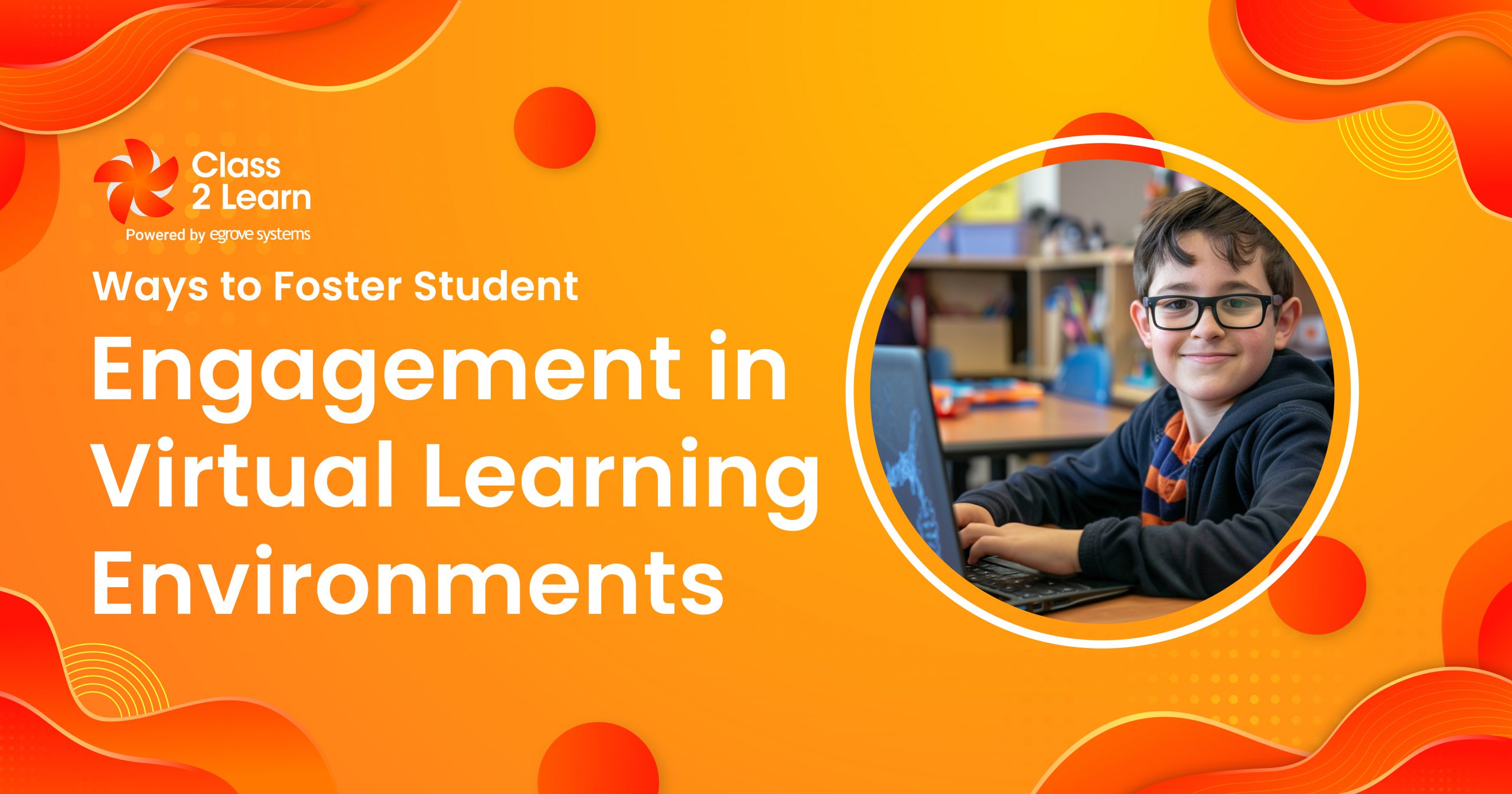There are numerous reasons to be worried that the younger generation cannot defend themselves against cyber threats, even though they are immersed in technology and employ it for almost everything they do. Teachers, parents, and students themselves should be concerned about preventing kids from disclosing personal data online as more and more education moves to online mode, particularly if students themselves may do it unknowingly. The greatest method to lessen the risk that cybersecurity poses to students and their education is to increase their knowledge of these concerns.
Obstacles to Cybersecurity
It can be hard to reach ordinary people and show them how poor cybersecurity can cause problems for them. Young people are especially vulnerable. They may be too trusting due to having less experience dealing with being targeted for scams and will be shortsighted about managing their data. They may have grown comfortable with giving information to numerous apps, websites, and third parties so they don’t recognize which ones are trustworthy and which ones aren’t.
Students also may not pay attention to cybersecurity warning signs and messaging from administrators because taking more care online is inconvenient for them. For example, password reuse is a common issue because people are expected to log in to many different accounts regularly. For this reason, approaches to improving cybersecurity need to be concerned with making access smoother and more convenient for everyday users.
Limiting Platforms and Access
In many cases, schools and other institutions are responsible for determining the platforms students use, while in others students may join them independently. Administrators need to choose a small number of trustworthy platforms and regulate how students access them. In many schools, administrators decide that younger students shouldn’t have individual accounts due to the security issues this could cause, and classes may have a single login. No personal information on individual students can be collected. Older students are given accounts created by the school rather than having to create and manage them on their own.
When choosing platforms, review what information they collect from students and their privacy and protection policies. Be wary of platforms where unauthorized users can gain access to student-generated content and communicate with students. Many companies involved in educational technology have taken the Student Privacy Pledge to avoid collecting personal information when not necessary and separating data collected from minors from data used for commercial purposes.
Communicating Data and Password Safety
Schools should create easy-to-understand guidelines for students to follow when online. They should teach students to choose secure passwords and not reuse them. Students should also be encouraged to create backups of their data in case of data losses, getting locked out, or ransomware that cuts off access to their data. Out-of-date systems can lead to vulnerabilities, so students should be urged to update their devices when school administrators do the same.
Students should be cautious about entering passwords and personal information in insecure ways. Remote learning may lead to students using unsecured wireless networks, so they should be warned about entering personal data when browsing. Schools can accommodate them by making some school activities less reliant on logging in to get access. Additionally, explain how certain personal information is bad to publish online, such as addresses, phone numbers, and personal photos.
Schools should also lead by example and publicize noteworthy events that could risk student security. If they become aware of phishing emails and other scans targeting students and faculty, they should notify everyone who could be targeted so they can protect themselves. Send transparent announcements about data breaches of the school or any platforms used by students and keep them up to date on the latest news related to cybersecurity. Taking security seriously and relating it to students will make them more aware of how they share information online.





Add comment